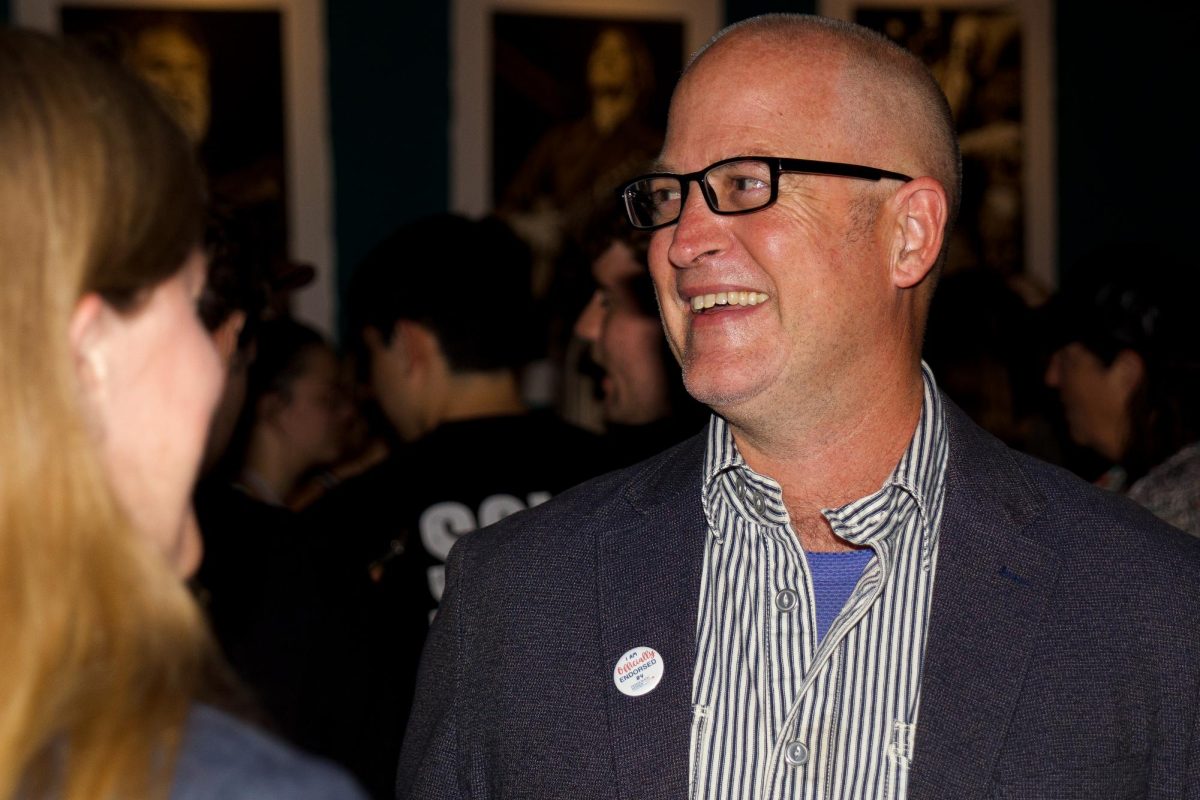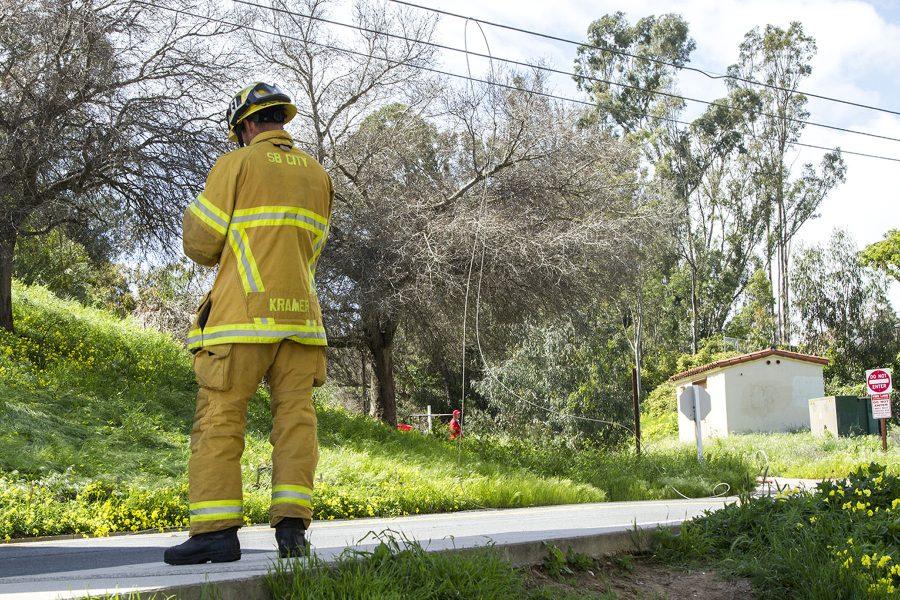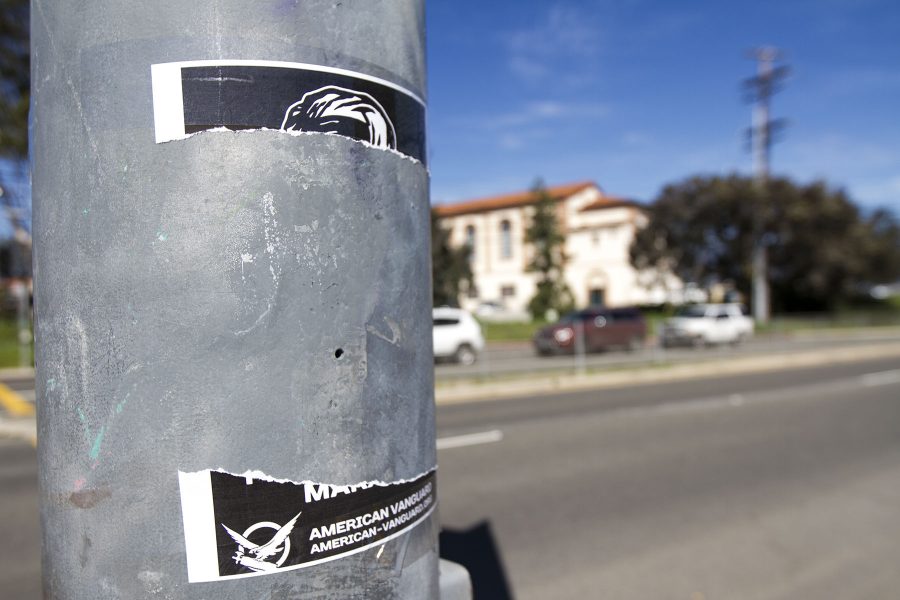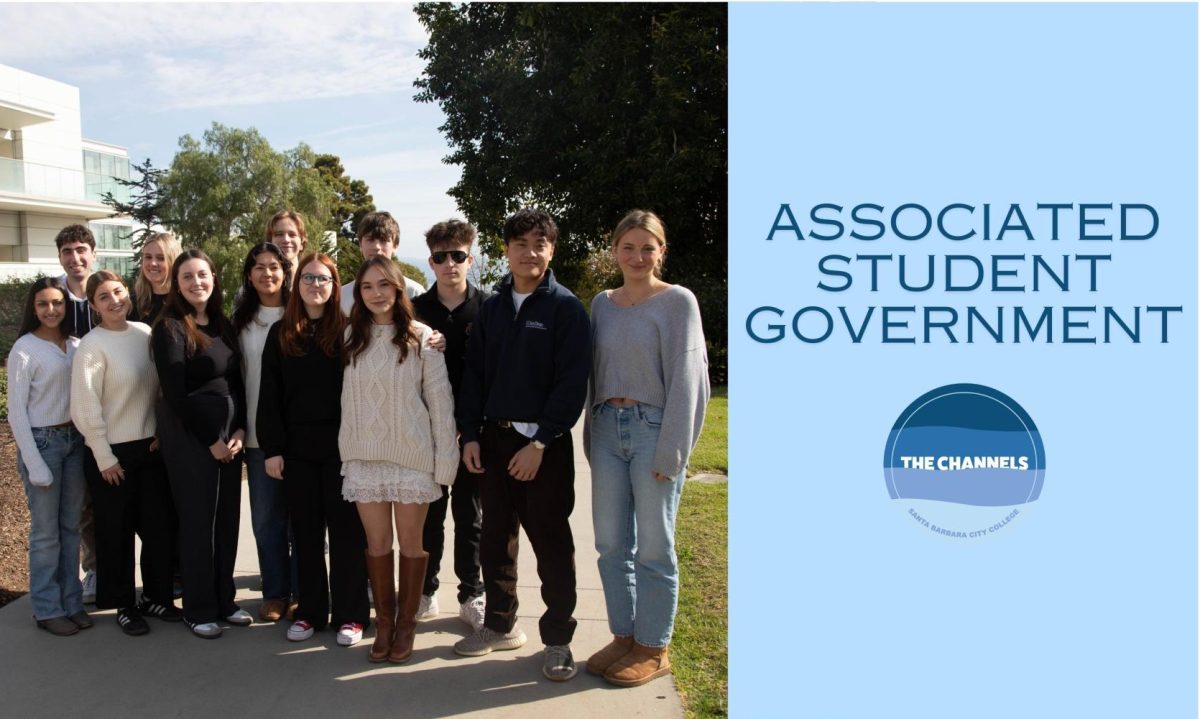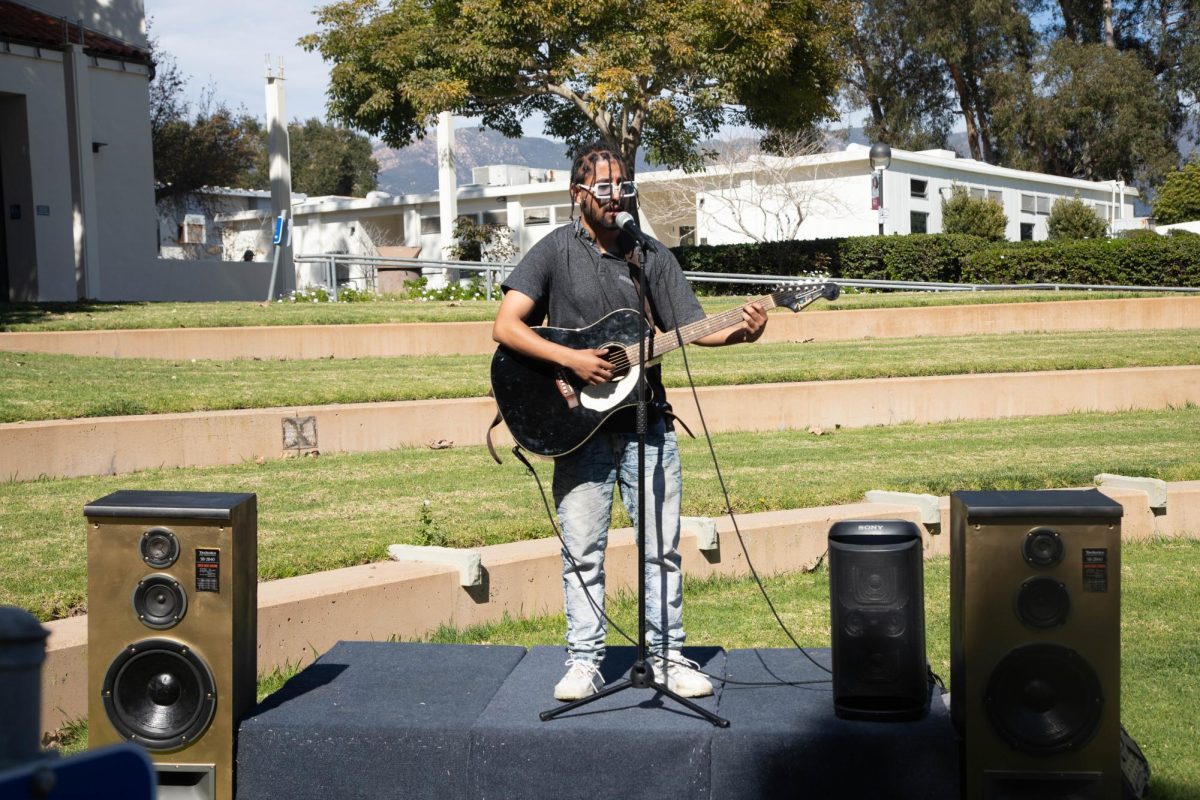A program to hire students to patrol the areas around City College and give warnings and citations to loud tenants is going to be implemented in the summer or fall of 2016.
Joseph Sullivan, vice president of business services, spoke to the Student Senate on Friday about the progress of the Student Neighborhood Assistance Program (S.N.A.P.).
The program would hire student officers to act as first responders and issue warnings for noise complaints received by the Santa Barbara Police Department, and is based on a similar program that has been effective in San Luis Obispo.
With the new noise ordinance approved, Sullivan, who worked on getting the ordinance passed by City Council, informed the senate how the program is going to operate. The program is set to begin in either the summer or fall of 2016 and will be run by the police department.
Previously it was said that the officers would not hold the ability to give citations, however that is no longer true. The officers would primarily give first warnings, however will have the ability to give citations based on their judgement, Sullivan said. If a S.N.A.P. officer thinks the people are acting “belligerent” or aggressive, they can issue a citation, but must immediately call the police for assistance.

The police department will recruit students for the program, and will go through their normal hiring process.
“We’ve agreed to assist them in their selection process by providing references from our criminal justice program here, and from our security program,” said Sullivan. “And if there are other students interested, we will support them as well.”
Tenants will have the power to register their parties to avoid receiving citations. They can register their party with the program and if a complaint is made, the S.N.A.P. officer can call the tenant and give them a warning. If they fail to quiet down a citation can be issued.
“It’s kind of worrisome,” said Cristoforo Moro, a City College student. “The fact that another kid my age will make a decision that will cost me hundreds of dollars isn’t something I’m fond of.”
Sullivan emphasized that they were working hard to strengthen the relationship between the college and its students and to avoid any issues regarding the students feeling hounded by neighbors and police.
“We’re also working on community outreach, trying to establish the relations with the college and community and enhance them,” Sullivan said.
He highlighted that this is not a program against students having a good time, and wants to schedule neighborhood events to unite the community and reduce tension.
Programs like this don’t come at a low-cost to put into action, especially because this is the first-year it will be starting.
“I have convinced the college to invest in the community outreach,” Sullivan said. “We have set aside $10,000 this year to buy supplies and resources to implement the program, and have authorized another $25,000 on an ongoing basis to finance,”
The recent decline in enrollment, causing a decline in college funding has made gathering finances challenging.
“It was tough to get the money, and the funding, I have to tell you. In a time when we’re losing 7 percent enrollment this year and losing another 3-4 percent next year,” said Sullivan. “It shows you the importance that we put into the community outreach program.”
The neighborhood task force is meeting next at 10 a.m. Thursday, Feb. 26 in Administration Building Room 121, to address questions about the program and report any progress.




